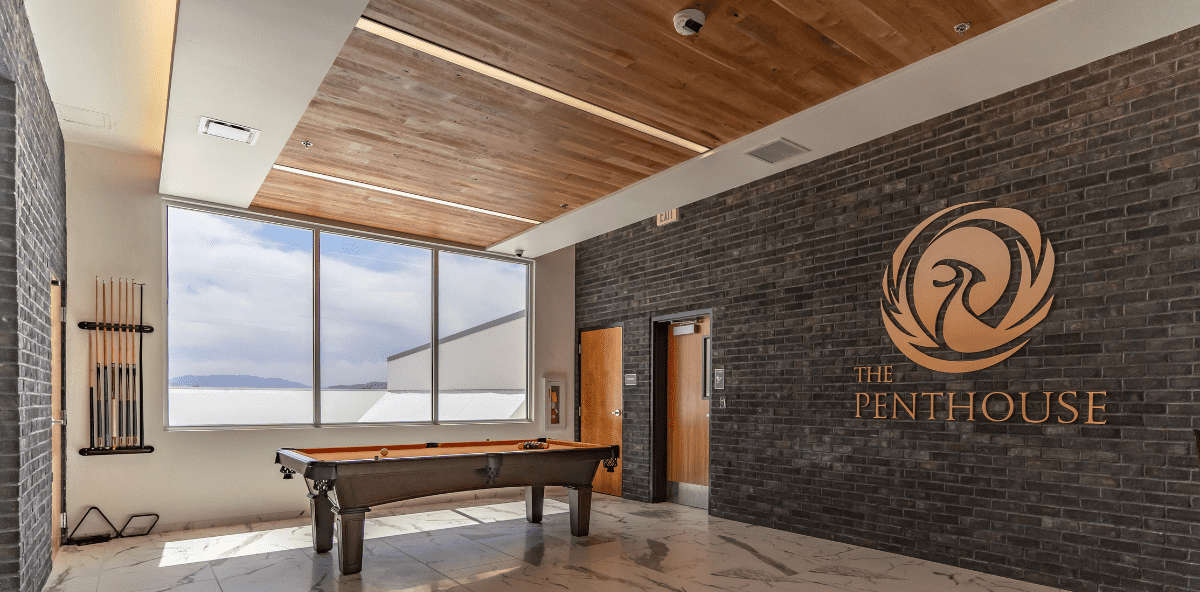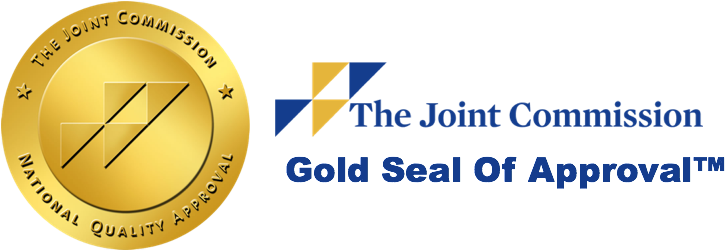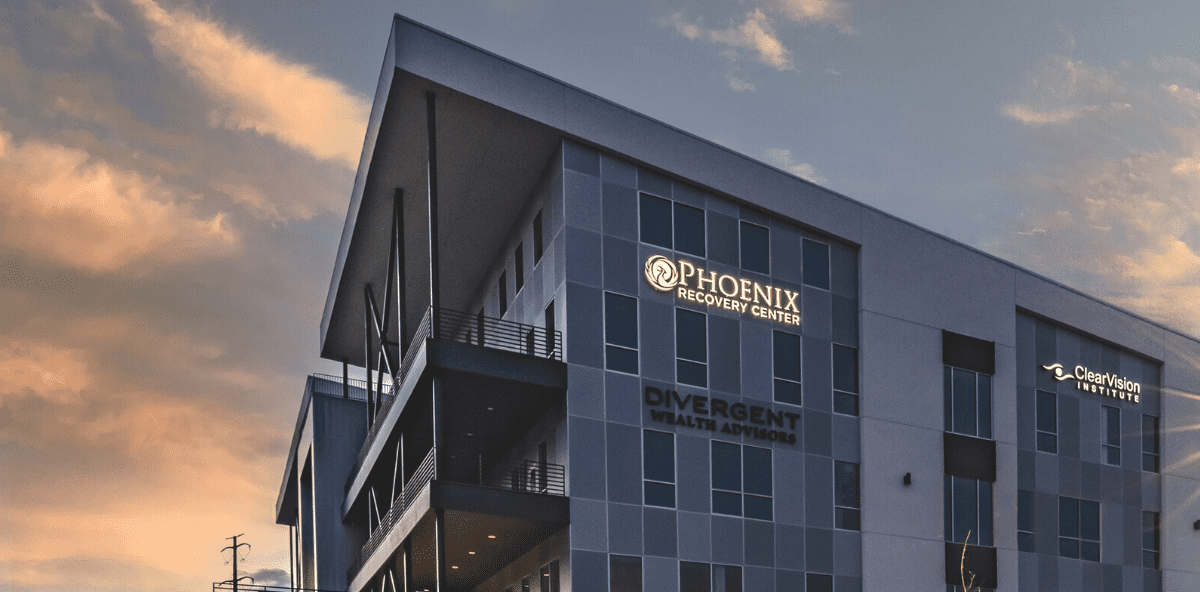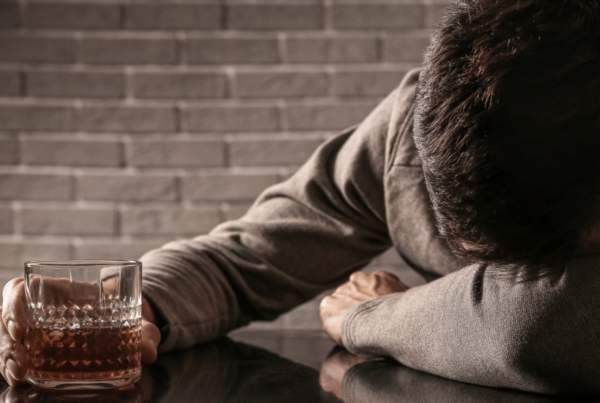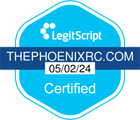There are different levels of care for substance use disorder (SUD) treatment. Finding the right level for you is imperative in finding the right starting point. Some methods work well for you, while different methods work better for others. Understanding what each focuses on and how they are structured will give you a better picture of your recovery path.
It is also important to remember that you might become aware of an underlying mental health condition that may have triggered your SUD. There is a strong correlation between poor mental health and substance abuse. Seeking professional help and a potential dual diagnosis is theTreatment is the best course of action to diagnose and address these conditions simultaneously.
Levels of Care
Throughout treatment with The Phoenix Recovery Center, you have the opportunity to receive four different types of therapy, including medical intervention and pharmacological impact, individual therapy, group therapy, and recreational therapy. Depending on your needs and goals of treatment, you can incorporate these therapies into your individualized program. These programs include;
#1. Inpatient and Residential Treatment
Inpatient and residential programs are suitable if you are looking for highly structured care in a residential environment. In this setting, you can receive acute medical care for mental health disorders in a way that is most conducive to healing and recovery.
While living in the treatment center, you will have access to various types of therapy. Also, around-the-clock supervision makes for a smooth transition and means you will be far from distractions and temptations to use substances. At the start of your path to recovery, it can be difficult to ignore cravings; however, with inpatient or residential treatment, you will learn new coping skills to prevent relapse in the future.
#2. Partial Hospitalization Day Program
A partial hospitalization program (PHP) is best if you do not require acute medical care or stabilization. This is usually the next step following inpatient treatment, as it provides less structure and oversight at only 22 hours a week, Monday through Friday. With this type of program — often referred to as a day program — you receive three hours of one-on-one therapy with the freedom to go home or return to other obligations for the night.
Additionally, if inpatient care is too much of a commitment due to a busy work or school schedule, this type of treatment might be a good fit. PHP is a stepping stone to transitioning back into your everyday life but still provides the support and structure you need to propel forward.
#3. Intensive Outpatient Programs
An intensive outpatient program (IOP) is designed for flexibility and support. At The Phoenix Recovery Center, you will receive critical care, such as one additional hour of individual therapy, access to support groups, medication as needed, and more, on a much less demanding schedule than inpatient treatment, for example. Treatment takes place Monday through Thursday, and group sessions are available during normal business hours as well as evenings.
Several hours a day is all that is required of this treatment plan, and the remainder of the day can be spent at home or with your support system. This time away from the treatment center is an ideal time to put these new life skills into practice.
#4. Outpatient Programs
General outpatient programs require the least amount of in-person commitment at 12 hours of group support per week. This program is designed for more moderate conditions or as a step down from more intensive services.
This flexible method still provides critical stages of care — like psychoeducation, one-on-one therapy, and experiential therapy — but it encourages utilizing these skills in life experiences outside of treatment.
#5. 12-Step Programs
After successfully detoxing from substances, you may be encouraged to attend 12-Step programs like Alcoholics Anonymous (AA) or Narcotics Anonymous (NA). This model of support is comprised of peers and mentors that have been through similar experiences with addiction.
Additionally, 12-Step programs are built on the foundation of spirituality or the belief in a higher power. This is open to interpretation; participation is not dependent on religious or spiritual beliefs. Rather, it is based on the principle that there are things that are outside of your control that can only be maintained with vital support and commitment to change.
Recovery from SUD can feel very isolating, even years or months after treatment. Knowing there are others that understand your struggles will make you feel less alone. In moments of temptation or weakness, having a like-minded individual just a call away with similar goals that overcame the same hurdles can be enough to prevent relapse. This type of support is a paramount lifeline to lasting recovery.
Find SUD Treatment at the Phoenix
If you or a loved one is struggling with SUD, we can help you find the best approach, diagnose any underlying conditions, and provide effective care. There is no one-size-fits-all solution to substance use disorder or mental health. Healing and recovery require a comprehensive, individualized treatment plan tailored to the individual. Through evidence-based practices, experiential therapy, and learning new life skills and coping mechanisms, you can rediscover life and learn to love yourself again. You may have hard work ahead of you, but we will be there through all of it and remain a lifeline even after graduating from our program. With so many resources available to you in and outside of treatment, the time to seek help is now. For questions on which treatment model is best suited for you, call The Phoenix Recovery Center today at (801) 438-3185.
